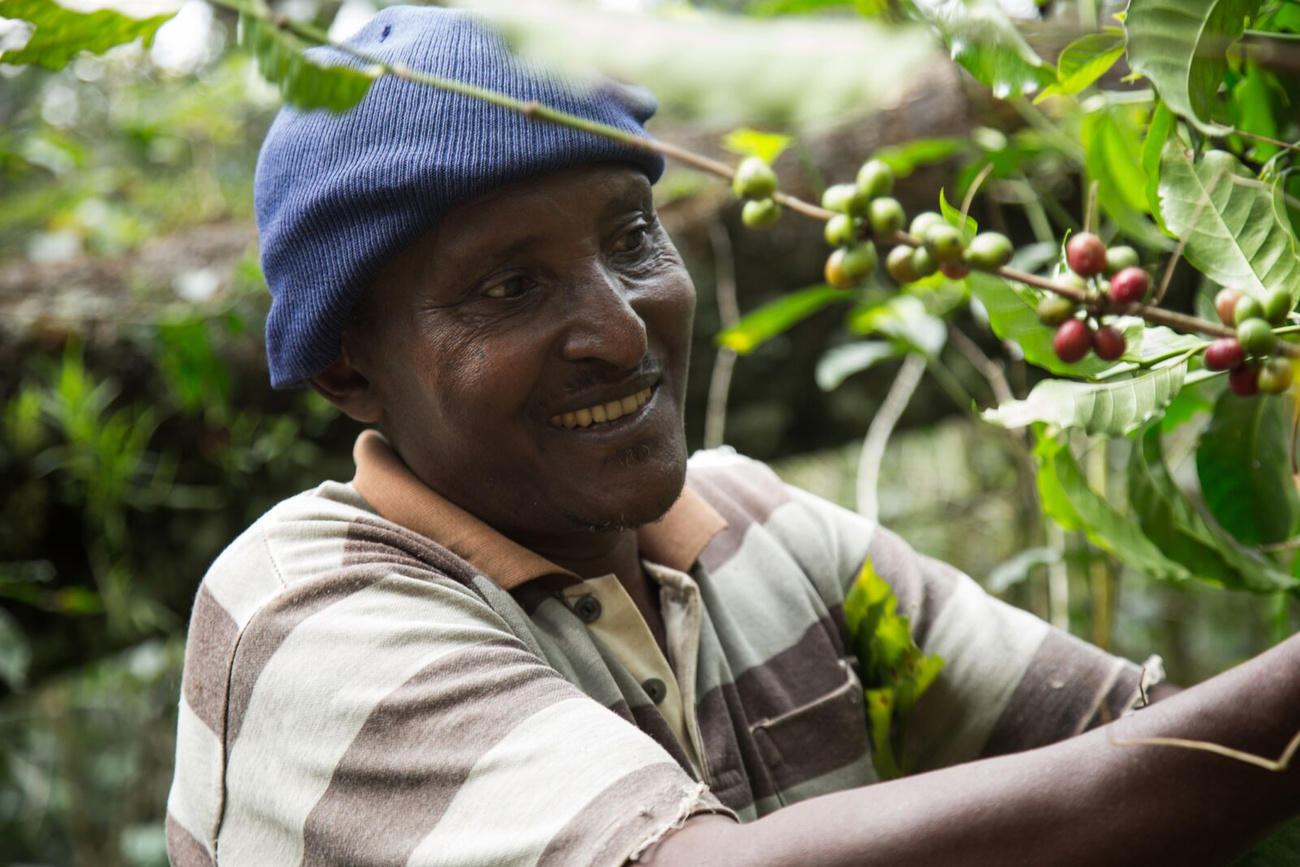
Switzerland commits CHF50 million to combat rural poverty worldwide

Switzerland is supporting the fight against poverty in rural areas worldwide with a total of CHF49.5 million ($54.1 million) over the next three years. The focus is on strengthening small farmers and sustainable agriculture as well as the fight against hunger.
The Federal Council has approved the Swiss contribution to the International Fund for Agricultural Development (IFAD), as announced on Wednesday. According to the statement, CHF47 million will be used to replenish the fund every three years and the remaining CHF2.5 million will go to the fund’s new so-called, “climate window”.
Switzerland was the first country to support the creation of this development instrument of the United Nations. It was established in 1978 and, according to the Swiss government, has been active in more than ninety countries since then, with more than 50% of its activities taking place in rural Africa.
According to the website of the Swiss Agency for Development and Cooperation (SDC), as an international financial institution, the fund grants favourable loans and credits to countries where rural poverty is widespread.
Adapted from German by DeepL/dkk/ac
This news story has been written and carefully fact-checked by an external editorial team. At SWI swissinfo.ch we select the most relevant news for an international audience and use automatic translation tools such as DeepL to translate it into English. Providing you with automatically translated news gives us the time to write more in-depth articles.
If you want to know more about how we work, have a look here, and if you have feedback on this news story please write to english@swissinfo.ch.

In compliance with the JTI standards
More: SWI swissinfo.ch certified by the Journalism Trust Initiative





























You can find an overview of ongoing debates with our journalists here . Please join us!
If you want to start a conversation about a topic raised in this article or want to report factual errors, email us at english@swissinfo.ch.